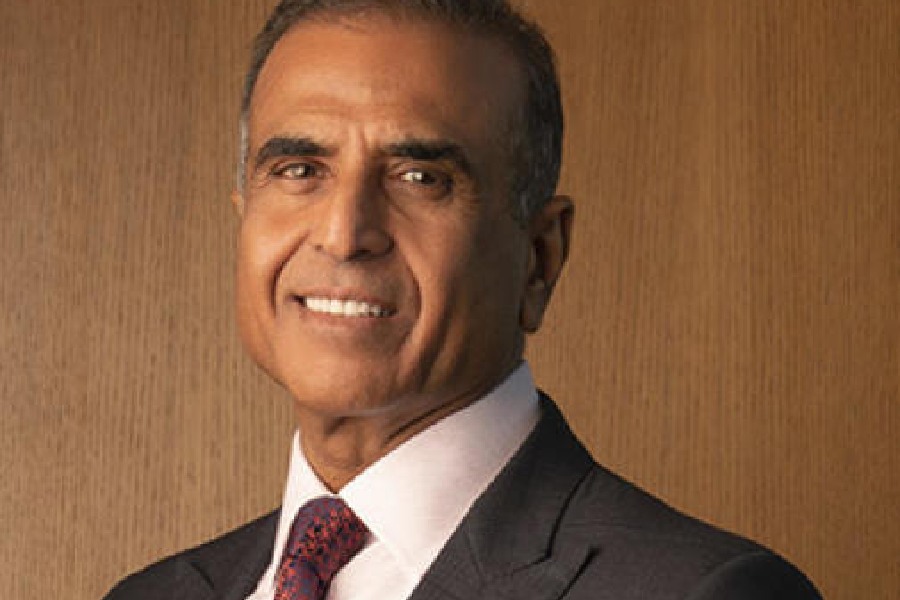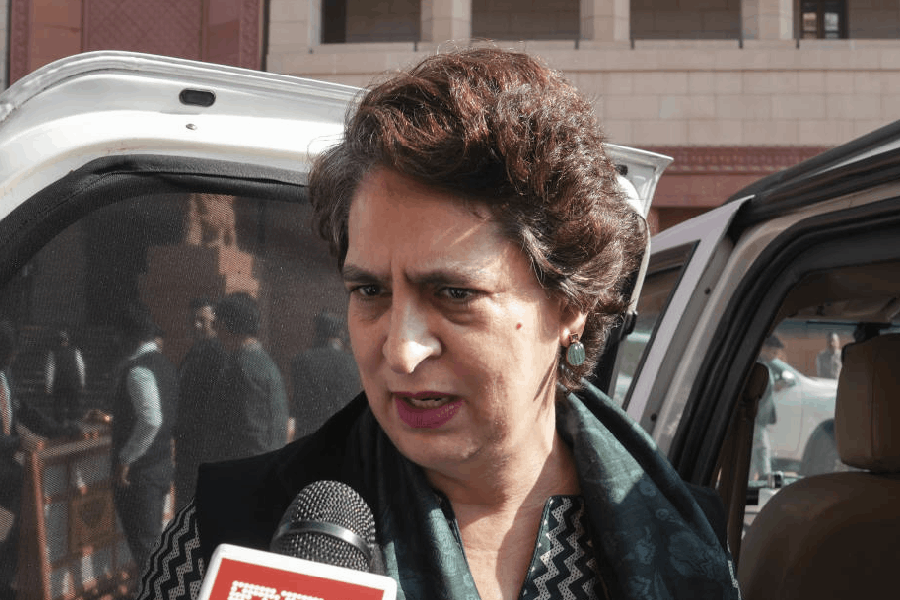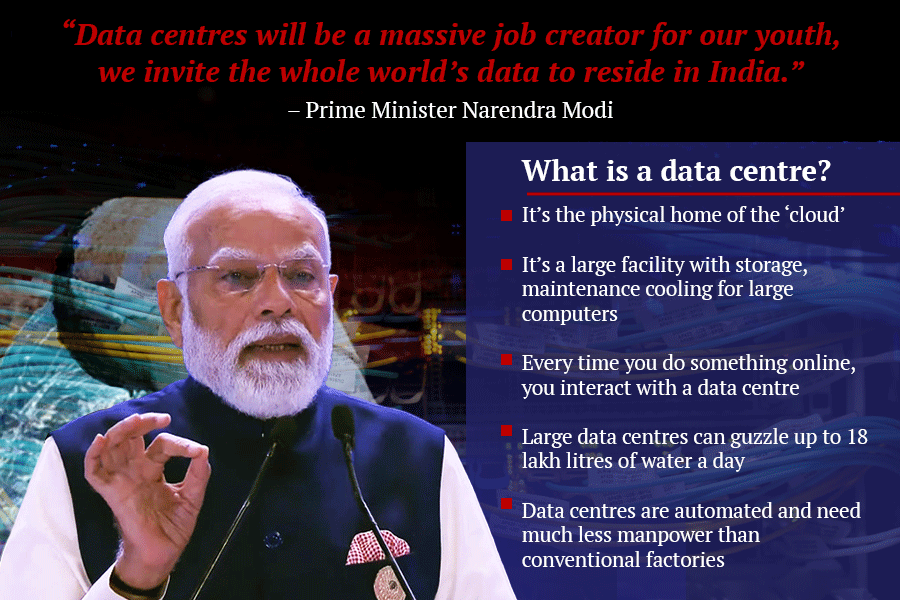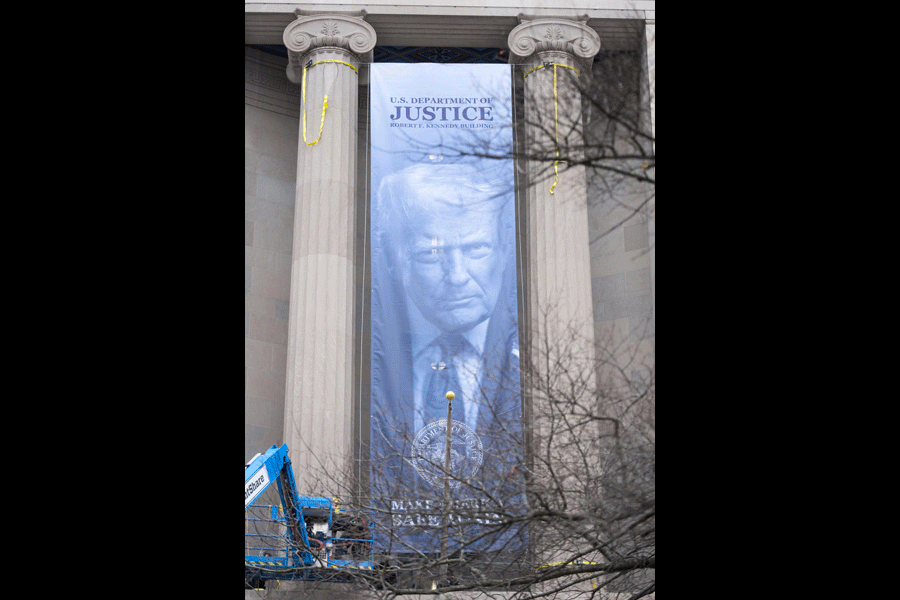Bharti Group Chairman Sunil Mittal on Thursday exhorted the industry to prioritise an 'India-first' approach, rising above individual or sectoral interests to contribute to nation-building as the telecom sector doyen advocated prioritising of talent dividend, stepping up R&D, trade reset and a collaborative framework between industry and government.
Speaking at the CII Annual Business Summit 2025, Mittal also advised companies to emulate the 'Tata' mould of trust as he highlighted the respect commanded by the 'house of Tatas'.
Citing the progress made towards trade pacts between India and key nations, Mittal exuded confidence that the government will safeguard industry's interests in trade agreements, but asserted at the same time, that it is important that the "industry and chambers don't ask for things which will make FTAs difficult".
Stating that lakhs of crores are stuck in litigation around direct taxes, indirect taxes, and other regulatory matters, the industry stalwart said initiatives like 'Vivad se Vishwas' can help release large sums stuck in cases. Doing so, it would also free up the industry from past litigations and problems, and allow a reset and planning for the future.
Mittal noted that India is on the cusp of becoming the third-largest economy in the world and that industry plays a vital role in moving the economic agenda forward.
"Let me talk about the role of our industry, the role in creating that necessary trust for all our stakeholders and ensuring that we keep in all our decisions with 'India-first' at the very core...the industry has a very important role to play...Yet, I don't think we have earned the complete trust of all stakeholders. Many-a-times it is seen that we approach issues from our individual or, at times, sectoral interests," he said.
Mittal outlined four key areas requiring immediate focus, including the need to capitalise on talent dividends and R&D investment.
India spends less than one per cent of GDP on R&D, Mittal said describing it as "woefully inadequate for a country of our size".
"We have the advantage that we have a large domestic market, but should we not spend more on R&D, innovation, and not just frugal innovation but going into really meaningful, deeply scientific, technological advances that India needs to make. Indian industry needs to step up its spending on R&D," Mittal said, asking the industry to rise above the approach of tax breaks for R&D spending.
Mittal also advocated for a fundamental shift or reset in India’s approach to trade and exports.
"The industry must actively work with the government to identify policy gaps and suggest frameworks that create real velocity in building India. Let us hear the government's views, understand their expectations, and contribute meaningfully," he said.
He cited the example of 'House of Tata' as one that evokes trust and respect.
While the walls on immigration are rising every day, Mittal said, India's youth armed with the right training and skills can overcome such challenges thanks to the digital nature of the work.
He said it is no surprise that India is seeing a dramatic growth of Global Capability Centres.
"Even now, we hear some voices coming from some parts of the political spectrum about some form of reservation in the private sector and we all know that debate can continue. But how we can completely avoid that debate is by creating a workforce, creating a talent dividend," he said.
Mittal nudged the industry to diversify its export basket.
"...this is where I think CII, we as industry players need to work with the government and create policy frameworks to ensure that we are diversifying our export basket. No raw materials should really leave our shores without being processed and value-added. The more we can do locally here by adding value, the better off we will be" he said.
At the same time, the telecom veteran said that while THE industry will do its bit, it needs enabling policies, especially in the area of ease of doing business.
"And I know for this government, ease of doing business is important. They continuously track areas where there are bottlenecks...And this is again where CII should put out a position paper in giving every year few low-hanging fruits where the government can move quickly to allow the industry to have much easier runway to take off," he said.
In this context, he highlighted areas like corporate affairs, listing of companies, and floating bonds in the international market.
"Tax policies, which continuously are getting better, need to be further demystified and simplified. The movement towards a 25 per cent corporate tax, to my mind, was a fine example...I'm surprised the entire industry has still not moved to that. Let's also get rid of the old fascination with those exemptions and move on to a simplified, flat 25 per cent tax rate," he said.
Except for the headline, this story has not been edited by The Telegraph Online staff and has been published from a syndicated feed.











